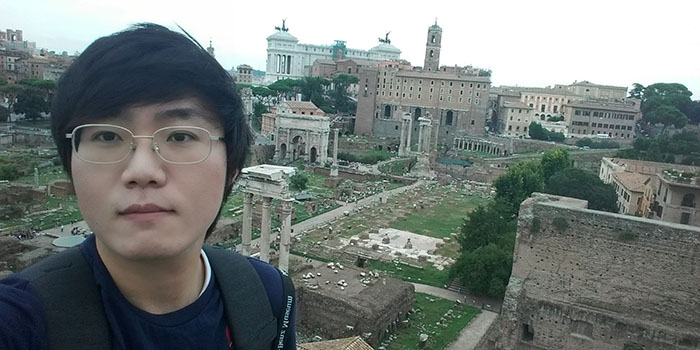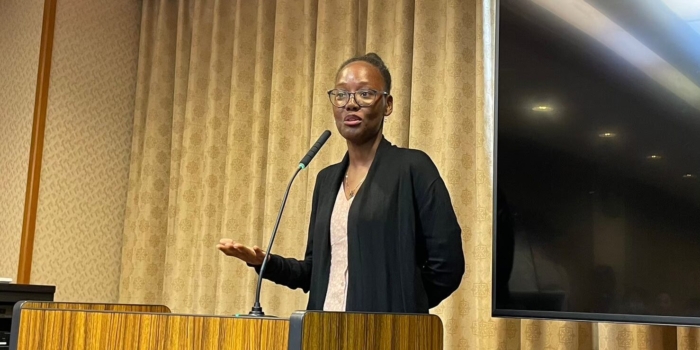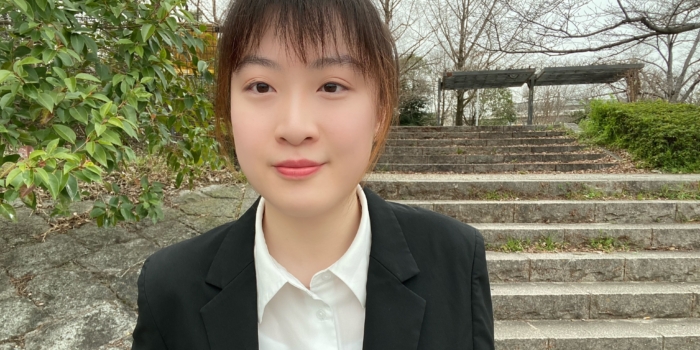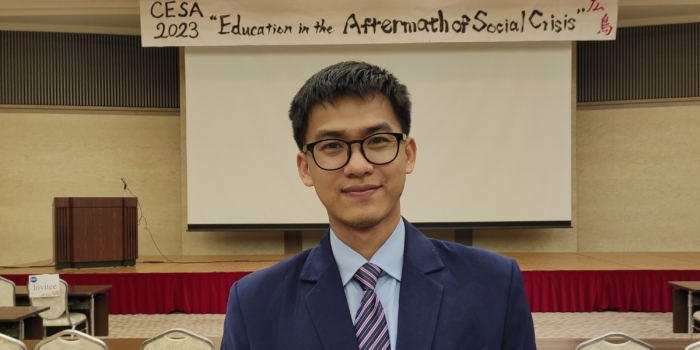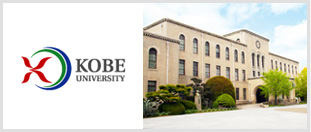Research Interest
- Economics of Education, Education Finance, Education Policy and Planning, Early Childhood Care and Education, Access and Quality of Primary Education in Uganda
Education
- Doctor of Philosophy, Kobe University (Oct. 2021) [Expected]
- Master of International Development Cooperation, Korea University (Mar. 2018)
- Master of Economics, Kobe University (Oct. 2016)
- Bachelor of Business Administration, Korea University (Mar. 2015)
Certificates
- International & European Studies Ⅱat University of Tuebingen, Germany (Aug. 2017)
- The Certificate of Disaster Management, The Campus Asia Program, Graduate School of International Cooperation Studies, Kobe University (Sep. 2016)
- International & European Studies Ⅰat University of Tuebingen, Germany (Aug. 2015)
- English Conversation, Composition, Cultural Communication, Reading For Comprehension, Western Washington University, U.S.A. (Feb. 2012)
Experiences
- Teaching Assistant, GSICS, Kobe University, Japan (April, 2019 – Present)
- Intern, Technical and Vocational Education Training, UNESCO Bangkok (Feb-May. 2017)
- Intern at The National Assembly of Korea, South Korea (Aug.-Dec. 2013)
- Teaching Assistant, Theory of International Finance, at Korea University, South Korea (Sep-Dec. 2012)
- Intern at The Hyundai Motors Corporation Investment Securities, South Korea (Aug-Sep. 2010)
Academic Conference Presentation
- Lee, J. “Impact of School Factor-related Incentives on Pupil’s Absenteeism in Ugandan Public Primary Schools.” Paper presented at the 2018 International Education Development Forum (IEDF), Kobe. University, September, 2018.
- Lee, J. “Impact of School Factor-related Incentives on Pupil’s Absenteeism in Ugandan Public Primary Schools.” Paper presented at the 17th International Conference on Education Research (ICER), Seoul, Korea, October, 2016.
Language/ Skills
- Korean (Native), English (Fluent), Japanese (Fluent)
- Microsoft Office (Word, Excel, PowerPoint)
Message to Potential Candidates to Ogawa Seminar:
Were it not for the proper understanding of education and economics, our endeavors to make progress would be frequently impeded. Under the guidance of Prof. Ogawa, Master and Ph.D. candidates can obtain further knowledge and the cutting-edge of research skills as well as numerous opportunities for future careers.
If you are thinking of working in a field of international development cooperation concentrating on developing countries and agree that the most important thing for the people who are suffering from poverty is the education, I have confidence that Prof. Ogawa’s Seminar is the place where you want to belong.


